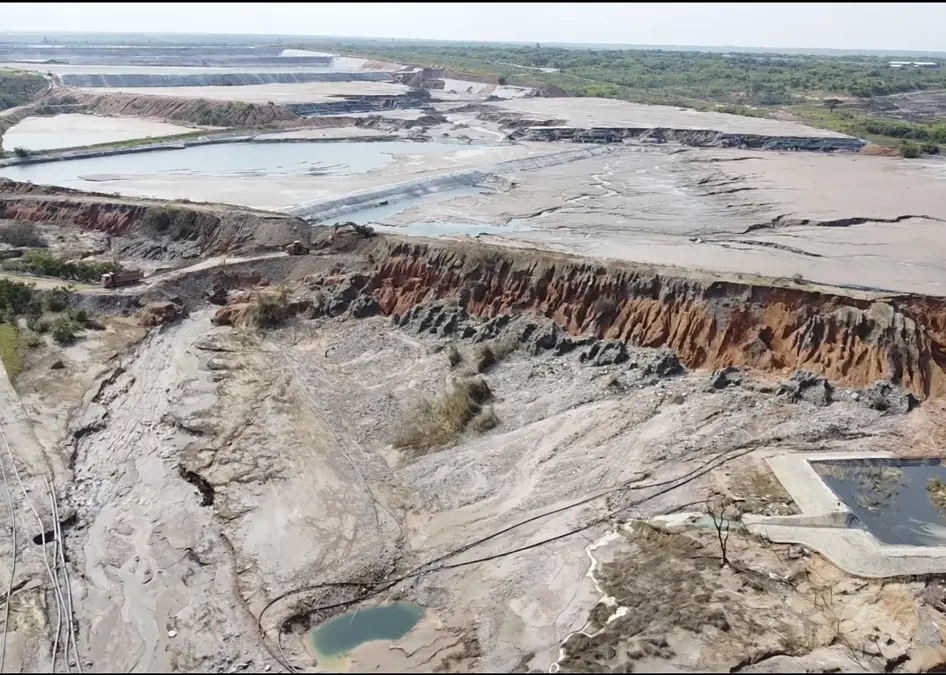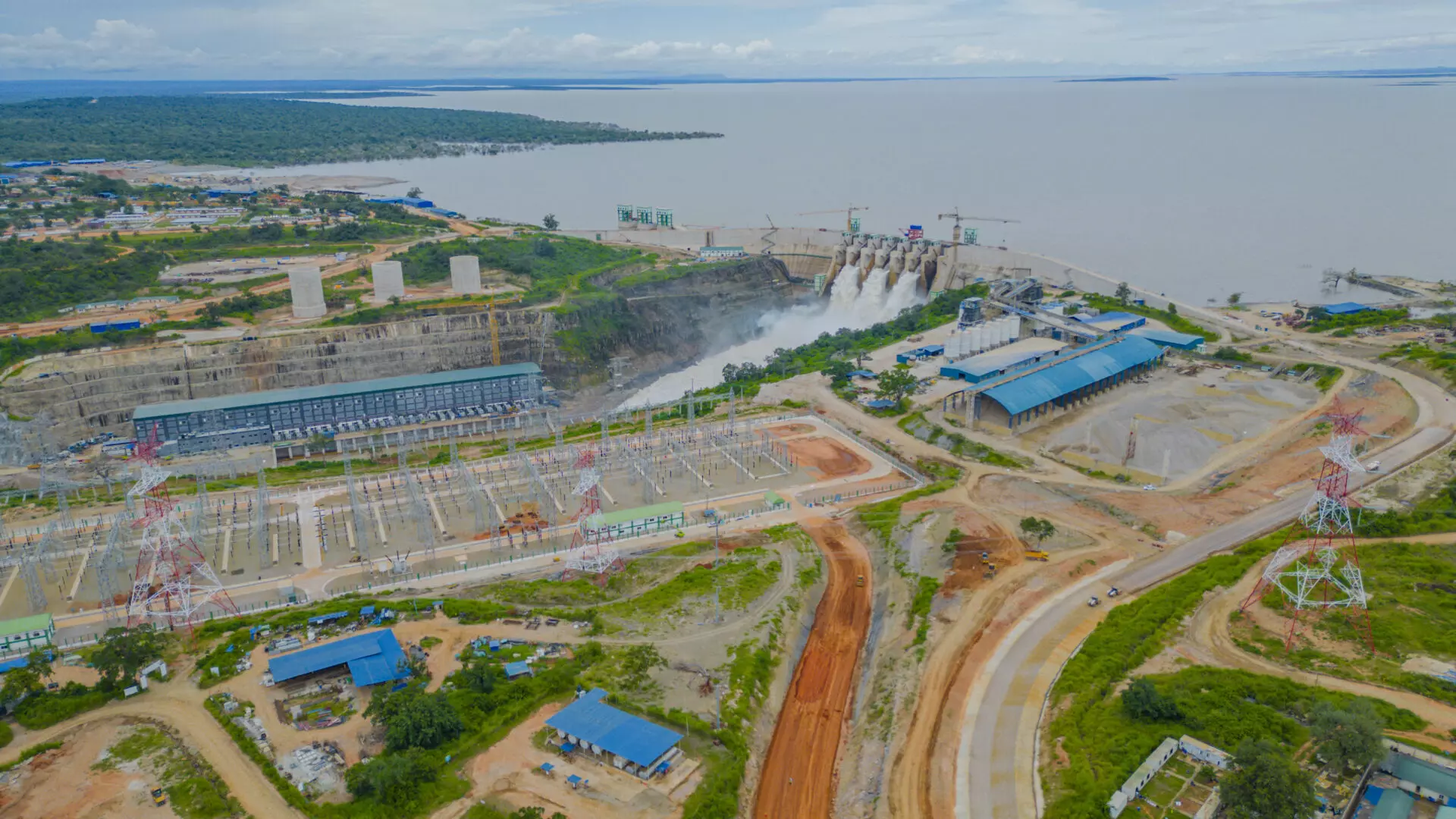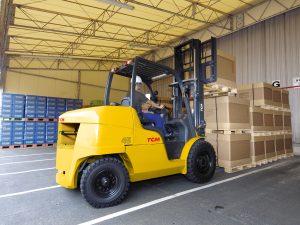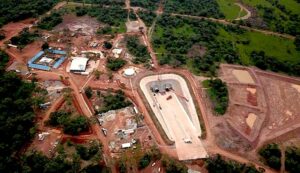“Productivity is lagging in Canadian mining industry” — former Vale Base Metals CEO
Deshnee Naidoo, who until March led Vale Base Metals (VBM), the mining giant’s energy transition metals business, sat down with MINING.COM’s Devan Murugan to discuss her move to Canada, the areas where she sees the local mining industry excelling, the areas where is lagging and the reasons for leaving her latest position.
Naidoo, a South African engineer with almost 30 years in the mining industry, praises Canada’s mineral resources, government support, and the deep-rooted legacy of mining, which she says reminds her of her home country South Africa. She also points out areas where the industry is lagging, particularly in productivity, which she believes needs attention to maintain competitiveness.
Regarding the state of Canada’s mining sector, Naidoo says that while the country is rich in mineral reserves, it is not maximizing production. She emphasizes the need for improved competitiveness and productivity to unlock the full potential of these resources.
She also discusses the importance of government support, noting that while there have been substantial investments in areas such as electric vehicle production, similar support for mining projects is lacking. She advocates for a more balanced distribution of funding across the entire value chain.
On her recent departure as CEO of VBM, Naidoo says her family was the catalyst for stepping down, as her role required extensive travel, keeping her away.
Over the next decade, VBM plans to invest $25-30 billion in strategic mineral projects in Canada, Brazil and Indonesia. The aim is to nearly triple copper output to 900,000 tonnes a year and to almost double nickel production at the same time to 300,000 tonnes per year from 160,000-175,000 tonnes.
Deshnee also touches on the broader challenges facing the industry, including the need for better collaboration with communities and stakeholders. She stresses that the industry’s success depends on building trust and ensuring that projects are resilient and sustainable.
Share this content:














